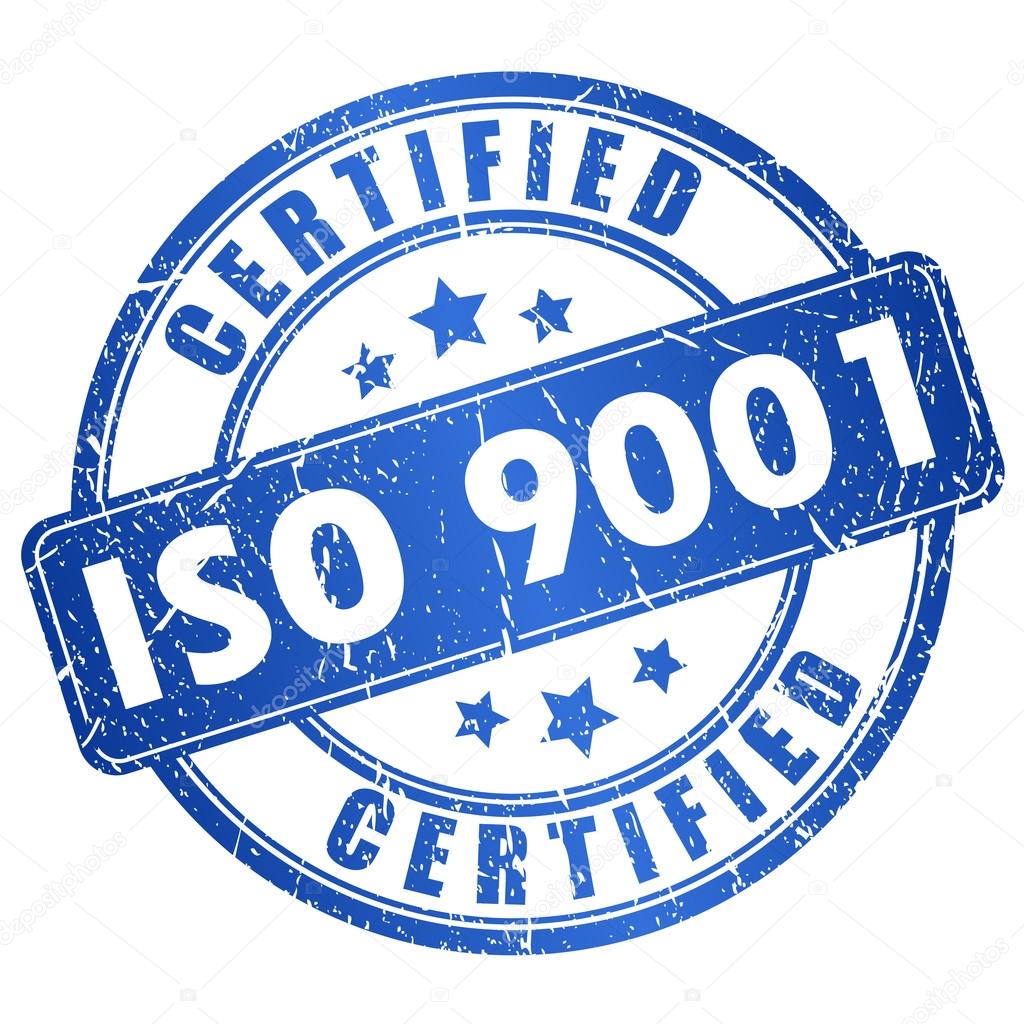The ISO 9000 family of quality management systems (QMS) is a set of standards that help organizations to ensure that products meet the needs of customers and other interested parties, within the scope of legal and regulatory requirements for a product or service.
ISO 9000 covers the fundamentals of the QMS, including the seven quality management principles that underpin the family of standards. ISO 9001 deals with the requirements that organizations must meet.
Third-party certification companies provide independent confirmation that organizations meet ISO 9001 standards. Over one million organizations worldwide are independently certified, making ISO 9001 one of the most widely used management tools in the world today .
The only standard in the ISO 9000 family for which a company can be certified is ISO 9001.
ISO 9001 Quality Management Systems defines the requirements of a quality management system for an organization. The requirements expressed are of a general nature and can be implemented by any type of organization; last revision in September 2015 (ISO 9001: 2015).
History
ISO 9000 was first published in 1987 by the International Organization for Standardization (ISO) and was based on BSI’s BS 5750 series of standards proposed to ISO in 1979.
ISO 9001: 2000 replaced all three of the previous 1994 standards, ISO 9001, ISO 9002 and ISO 9003. The 2000 version sought to bring a change of thinking by putting the concept of process management (monitoring and optimizing a company’s tasks and activities, instead of simply inspecting the final product). Another goal was to improve effectiveness through process performance metrics: numerical measurement of the effectiveness of tasks and activities. Expectations of continuous process improvement and customer satisfaction monitoring were made explicit.
CpGrinding and ISO 9001
CpGrinding complies with the ISO 9001. Contact us for more information.




